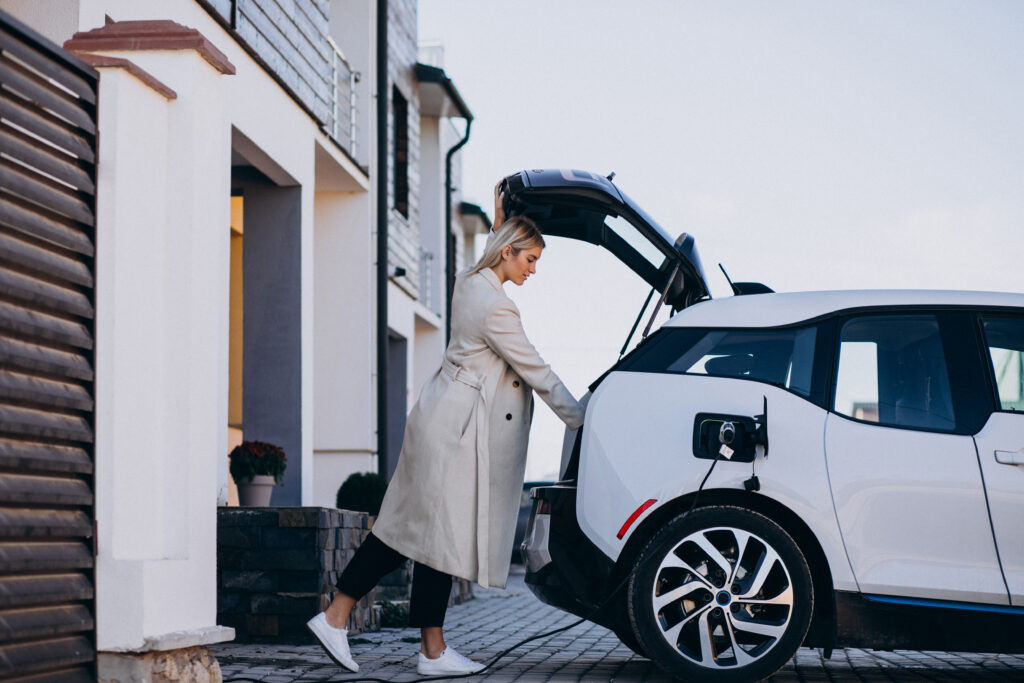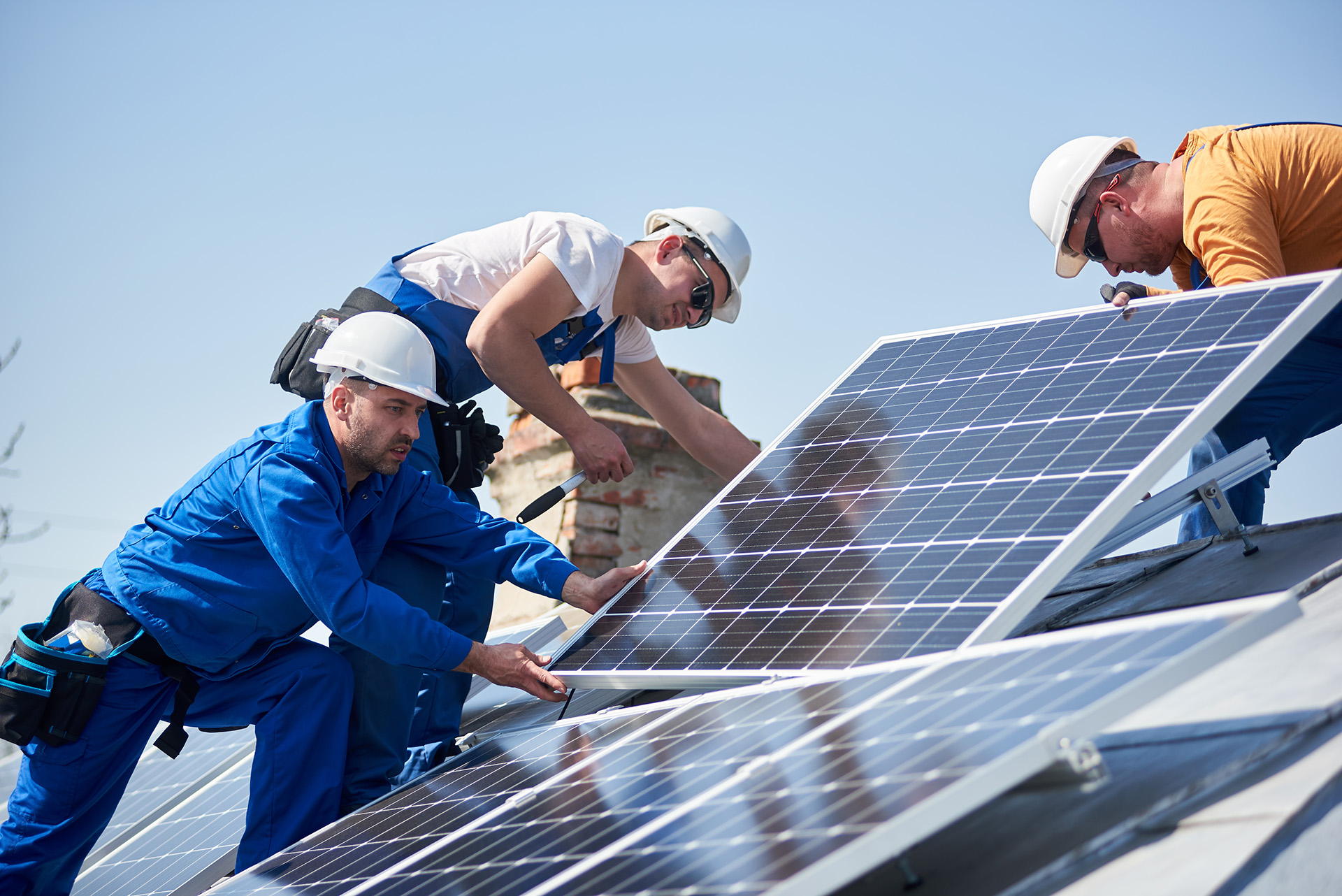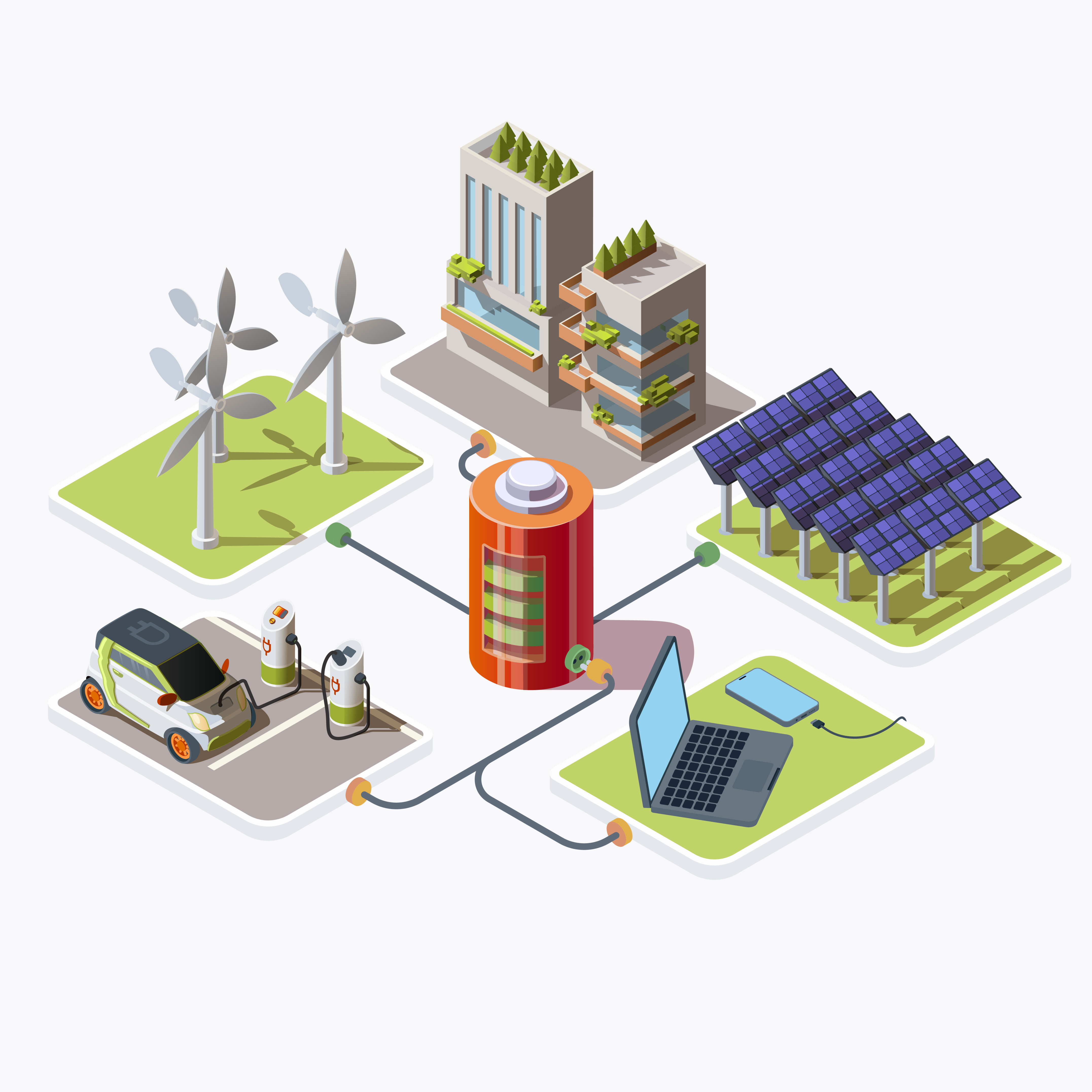Table of Contents
ToggleIntroduction
With the rapid expansion of the electric vehicle (EV) market, homeowners are increasingly recognizing the significance of investing in EV chargers. As more individuals make the transition to electric vehicles, the demand for convenient and accessible charging solutions at home has surged. In this article, we will explore why EV chargers are poised to become the next big investment for homeowners. From cost savings and environmental benefits to emerging market trends and technological advancements, the advantages of installing residential EV chargers are compelling. Join us as we delve into this burgeoning industry and discover why homeowners cannot afford to overlook the opportunity presented by EV charging infrastructure.
Increasing adoption of electric vehicles worldwide:
There has been a noticeable increase in the adoption of electric vehicles worldwide, driven by concerns over climate change and the need to reduce greenhouse gas emissions. Many governments are implementing incentives and regulations to encourage the adoption of electric vehicles, such as tax incentives, rebates, and emissions targets. Automakers are investing heavily in electric vehicle technology, leading to a broader range of EV models available to consumers across various price points and vehicle types.
Electric vehicles produce zero tailpipe emissions, contributing to improved air quality and reduced greenhouse gas emissions compared to traditional gasoline-powered vehicles. Electric vehicles have lower fuel and maintenance costs compared to conventional internal combustion engine vehicles, offering long-term savings for consumers. Electric vehicles can be powered by renewable energy sources such as solar or wind power, reducing dependence on fossil fuels and promoting energy independence.
Overall, the rise of electric vehicles represents a significant shift in the automotive industry towards more sustainable and environmentally friendly transportation options. This trend underscores the importance of investing in EV chargers for homeowners, as the demand for residential charging infrastructure continues to grow alongside the increasing adoption of electric vehicles.
Challenges associated with relying solely on public charging infrastructure:
Public charging stations may not always be conveniently located or readily accessible, particularly in residential areas with limited infrastructure. High demand for public charging stations can lead to congestion and long wait times, especially in densely populated areas or during peak charging hours. Public charging infrastructure may be prone to outages or maintenance issues, leading to disruptions in charging availability for EV owners.
Home EV chargers provide EV owners with the convenience of charging their vehicles at any time, without having to rely on the availability of public charging stations. Homeowners can customize their charging schedule to suit their needs, whether it’s overnight charging during off-peak hours or quick top-ups throughout the day. Charging vehicles at home offers a level of privacy and security that may not be available at public charging stations, reducing concerns about theft or vandalism.
Home EV chargers typically offer lower charging rates compared to public charging stations or traditional gasoline refueling, resulting in cost savings for EV owners over time. With a home EV charger, homeowners can avoid the inconvenience of making trips to the gas station for refueling, saving time and reducing reliance on fossil fuels. By ensuring that their EV is fully charged each day, homeowners can maximize their vehicle’s range and reduce the likelihood of running out of battery power while driving.
Analysis of the current market for residential EV chargers:
The market for residential EV chargers has experienced significant growth in recent years, driven by the increasing adoption of electric vehicles and government incentives promoting home charging infrastructure. Various companies are competing in the residential EV charger market, offering a range of products with different features, pricing, and compatibility options. Factors such as charging speed, ease of installation, and smart connectivity features influence consumers’ purchasing decisions when choosing a residential EV charger.
As electric vehicles become more mainstream and affordable, the demand for residential EV chargers is expected to continue growing. Governments and utilities are investing in EV charging infrastructure to support the widespread adoption of electric vehicles, creating opportunities for growth in the residential charging market. Innovations in EV charging technology, such as faster charging speeds, wireless charging, and smart grid integration, will drive further expansion of the residential EV charger market.
Government incentives, tax credits, and rebates are available to homeowners who install residential EV chargers, reducing the upfront cost and providing a financial incentive to invest in home charging infrastructure. Studies have shown that homes with EV charging capabilities tend to have higher resale values and may attract environmentally conscious buyers who prioritize sustainability. Homeowners can potentially generate additional income by offering EV charging services to EV owners who do not have access to home charging infrastructure, such as renters or residents of multi-unit dwellings.
Homes with EV charging capabilities are increasingly seen as desirable among homebuyers, particularly those who own or are considering purchasing electric vehicles. Studies have shown that homes with EV chargers tend to sell for higher prices and spend less time on the market compared to similar homes without charging infrastructure. Installing an EV charger can give homeowners a competitive edge when selling their homes, appealing to environmentally conscious buyers and potentially commanding a premium price.
Overview of different types of EV chargers available for residential use
Basic EV chargers that plug into a standard household electrical outlet (120 volts), typically providing slower charging rates suitable for overnight charging.Faster EV chargers that require a dedicated 240-volt circuit and offer higher charging speeds compared to Level 1 chargers, making them well-suited for daily charging needs.High-powered chargers capable of delivering rapid charging to compatible EVs, often found at public charging stations but increasingly available for residential installation to support fast charging at home.
EV chargers may come with different connector types, such as J1772, CHAdeMO, or CCS, to accommodate various EV models and charging standards. Different EV models support different charging speeds, so homeowners should choose a charger that aligns with the charging capabilities of their specific vehicle. Some EV chargers come equipped with smart features such as Wi-Fi connectivity, smartphone apps, and scheduling capabilities, allowing homeowners to monitor and control charging remotely.
Advanced EV chargers with bidirectional capabilities enable energy flow not only from the grid to the vehicle but also from the vehicle to the grid, allowing EVs to serve as energy storage devices and support grid stability. V2H systems enable EVs to power homes during power outages or peak demand periods, providing backup power and reducing reliance on the grid. Smart EV chargers can communicate with utility grids to optimize charging schedules based on grid conditions, supporting demand response initiatives and promoting grid reliability.
Recap of the benefits and opportunities presented by residential EV chargers
Residential EV chargers offer homeowners the convenience of charging their electric vehicles at home, eliminating the need to rely solely on public charging infrastructure. Installing a residential EV charger can result in significant long-term cost savings compared to traditional fueling methods, thanks to lower electricity rates and reduced maintenance costs associated with electric vehicles. By switching to electric vehicles and charging at home with renewable energy sources, homeowners can reduce their carbon footprint and contribute to a cleaner, more sustainable environment.
As electric vehicles become more mainstream and EV adoption continues to grow, investing in residential EV chargers can future-proof homes and enhance their value and marketability. Government incentives, tax credits, and rebates make installing residential EV chargers more affordable for homeowners, providing a compelling financial incentive to make the investment. Emerging technologies such as bidirectional charging, vehicle-to-home integration, and smart grid connectivity offer exciting opportunities for homeowners to leverage their EV chargers for grid support and energy management.
Conclusion
In conclusion, residential EV chargers represent a valuable investment for homeowners, offering a range of benefits including convenience, cost savings, and environmental impact. As the electric vehicle market continues to grow and evolve, homeowners are encouraged to seize the opportunity presented by EV charging infrastructure to future-proof their homes and contribute to a cleaner, greener future.
The electric vehicle market is poised for continued growth and innovation, driven by advancements in technology, government support, and increasing consumer demand for sustainable transportation solutions. The residential EV charging market will continue to evolve alongside the broader electric vehicle industry, offering new opportunities and challenges for homeowners to navigate.
In light of these trends and opportunities, homeowners are encouraged to explore the benefits of residential EV chargers and consider investing in EV charging infrastructure to reap the rewards of cost savings, convenience, and environmental sustainability
FAQs
Why should I consider installing an EV charger at home?
Installing an EV charger at home provides you with convenience and accessibility, allowing you to charge your electric vehicle at any time without relying solely on public charging stations. It also offers long-term cost savings compared to traditional fueling methods and enhances the value of your property.
What types of EV chargers are available for residential use?
There are three main types of EV chargers for residential use: Level 1 chargers, which plug into a standard household outlet and provide slow charging; Level 2 chargers, which require a dedicated 240-volt circuit and offer faster charging; and DC fast chargers, which provide rapid charging for compatible EVs.
Are there financial incentives available for installing a residential EV charger?
Yes, many governments offer tax credits, rebates, and grant programs to incentivize homeowners to install EV chargers. Additionally, some utility companies offer rebates or discounts on electricity rates for EV charging, further reducing the cost of ownership.
Will installing an EV charger increase the value of my home?
Studies have shown that homes with EV charging capabilities tend to sell for higher prices and spend less time on the market compared to similar homes without charging infrastructure. Therefore, installing an EV charger can potentially increase the resale value and marketability of your home.
What technological advancements should I consider when choosing an EV charger?
When choosing an EV charger, consider features such as smart connectivity, bidirectional charging capabilities, and compatibility with different EV models and charging standards. These advancements can enhance the functionality and efficiency of your EV charging setup.







